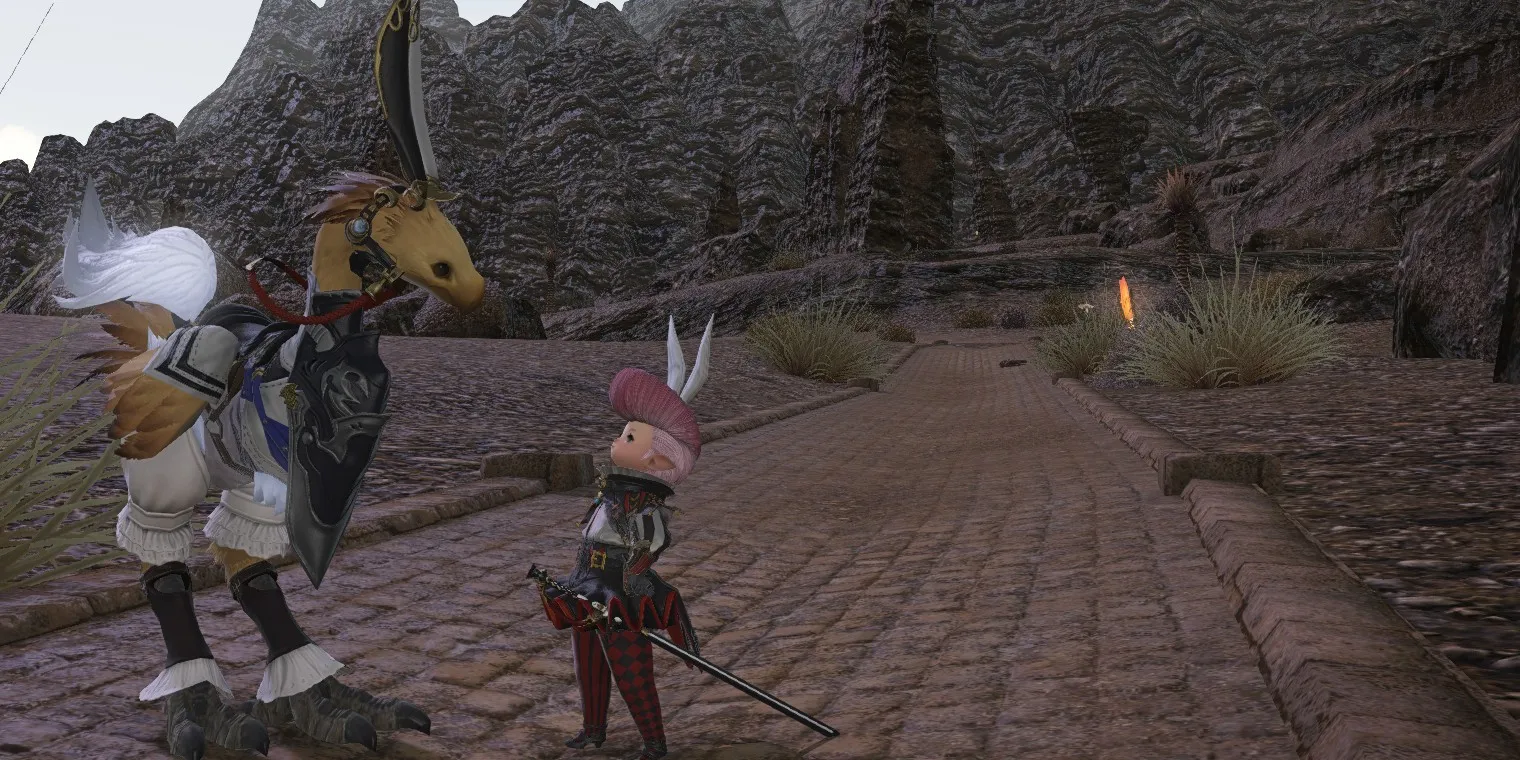In the realm of digital gaming, ''multiplayer role-playing games (MMORPGs)'' have captivated millions of players worldwide. These immersive experiences not only offer entertainment but also provide valuable insights into ''customer loyalty'' strategies. By analyzing player engagement in MMORPGs, we can uncover lessons that businesses can apply to nurture and retain their customer base. This article explores the parallels between gaming and customer loyalty, highlighting key concepts that can enhance brand allegiance.
The Importance of Community in MMORPGs
One of the fundamental aspects of MMORPGs is the strong sense of ''community'' they foster. Players often form guilds or clans where they collaborate, share resources, and support each other. This camaraderie leads to a feeling of belonging, which is crucial for ''customer loyalty''.
Just as players are more likely to remain active in a game with a vibrant community, businesses can cultivate loyalty through community engagement. By creating forums, social media groups, or interactive events, brands can encourage customers to connect with one another and the brand itself. A supportive community can significantly enhance a customer’s emotional investment in a brand, leading to increased retention rates.
Reward Systems and Loyalty Programs
MMORPGs often incorporate elaborate ''reward systems'' that motivate players to continue playing. Players earn experience points, in-game currency, and items for completing quests or participating in events. These rewards not only enhance the gaming experience but also serve as powerful incentives for players to stay engaged.
Similarly, businesses can implement ''loyalty programs'' that offer rewards for repeat purchases or referrals. By incentivizing customers with discounts, exclusive products, or early access to new offerings, brands can encourage repeat business. The effectiveness of reward systems is illustrated in the chart below:
| Type of Reward | Customer Engagement Increase (%) |
|---|---|
| Discounts | 30% |
| Exclusive Access | 45% |
| Gifts with Purchase | 25% |
Personalization in Gaming
Another lesson from MMORPGs is the importance of ''personalization''. Players can customize their avatars, choose unique abilities, and tailor their gameplay experience. This level of personalization makes players feel more connected to the game, enhancing their overall enjoyment and commitment.
For businesses, personalization can take the form of tailored marketing messages, personalized product recommendations, and customized shopping experiences. By utilizing data analytics and customer feedback, brands can create unique experiences that resonate with individual customers, leading to higher loyalty levels.
Continuous Engagement and Content Updates
Successful MMORPGs regularly release new content, expansions, and updates to keep the game fresh and exciting. This strategy not only maintains player interest but also fosters a sense of anticipation for what’s coming next. Players are more likely to remain loyal to games that continually evolve and adapt to their interests.
In the business world, brands can apply this concept by frequently updating their product offerings and introducing new features. Whether it’s launching seasonal collections or rolling out updates to improve user experience, keeping content fresh and relevant encourages customers to stay engaged. Regular communication about these updates can also enhance customer loyalty.
Feedback Loops and Customer Relationships
MMORPG developers actively seek player feedback to improve gameplay and address issues. This two-way communication helps players feel valued and heard, reinforcing their commitment to the game. When players see their suggestions implemented, it strengthens their emotional connection to the game.
For brands, establishing feedback loops is equally essential. Actively soliciting customer opinions through surveys, reviews, or social media engagement can provide valuable insights. When customers see that their feedback leads to tangible changes, they are more likely to develop loyalty towards the brand. Incorporating this strategy can create a stronger bond between the customer and the company.
Conclusion: Lessons for Building Customer Loyalty
Multiplayer role-playing games offer a wealth of lessons on fostering ''customer loyalty''. By learning from the community-building aspects, reward systems, personalization, continuous engagement, and feedback loops found in MMORPGs, businesses can enhance their customer retention strategies. Each of these elements plays a vital role in creating an environment where customers feel valued, engaged, and motivated to remain loyal. As brands strive to navigate the competitive landscape, the insights drawn from the world of gaming can serve as a powerful guide in cultivating lasting customer relationships.





